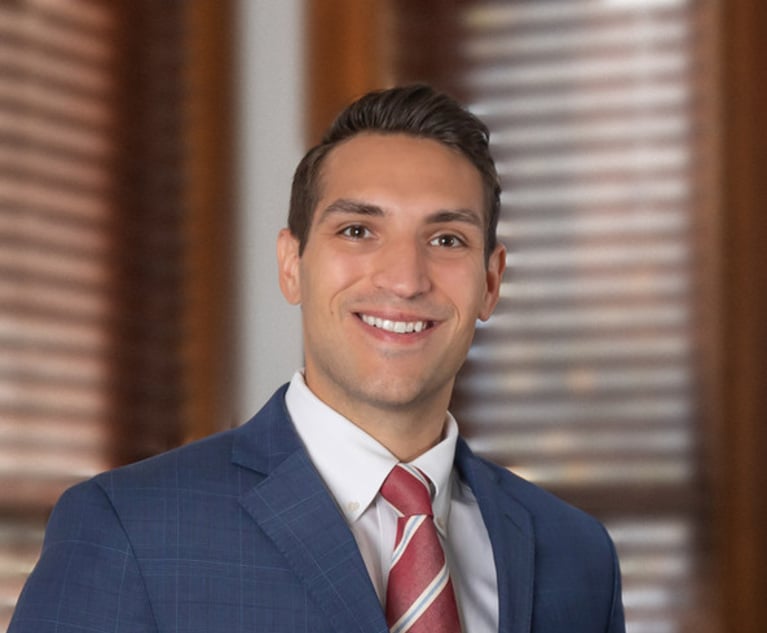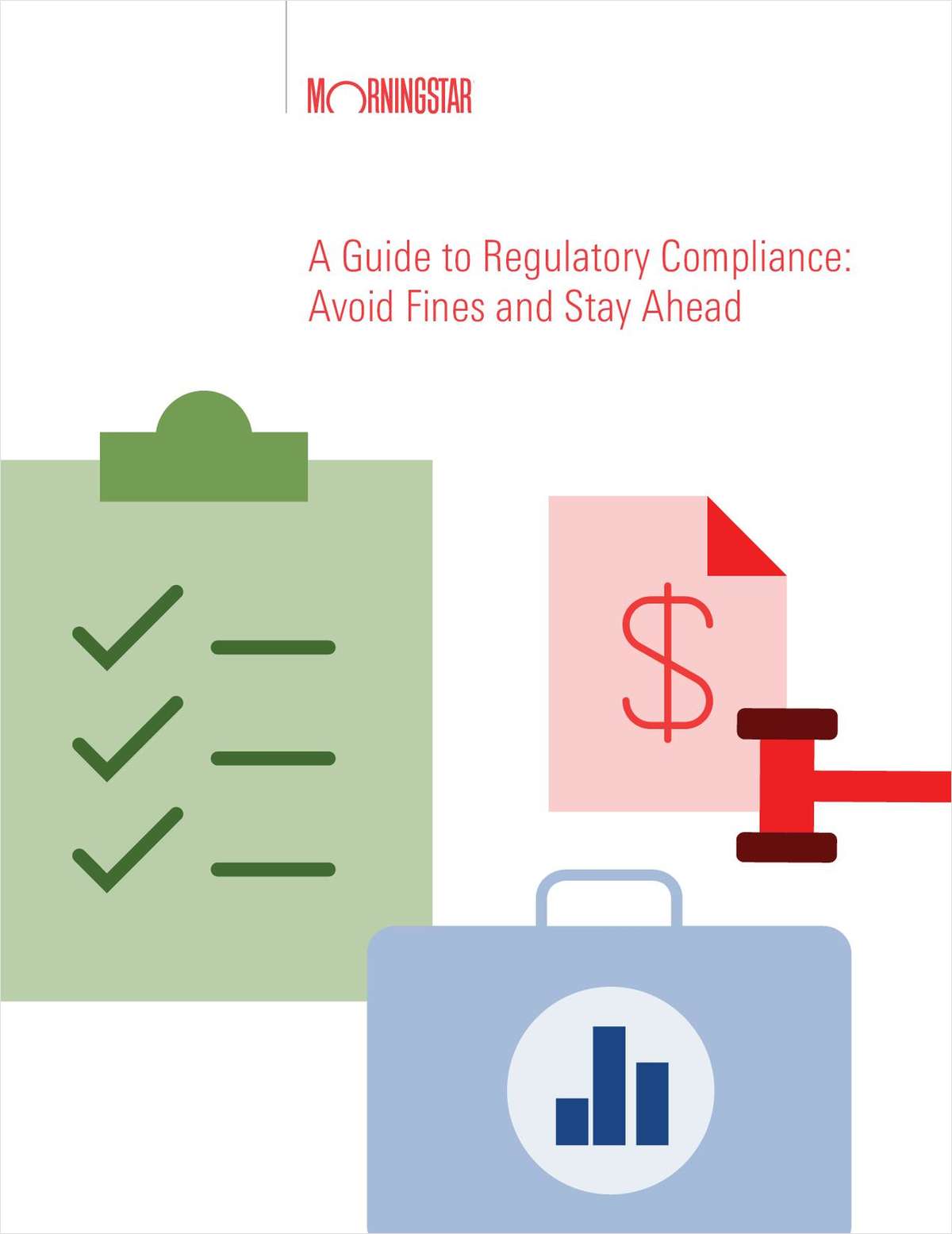Connecticut Supreme Court Upholds Bridgeport's Liability in Fire That Killed Family
The state's high court upholds the Appellate Court and says a jury could have found that Bridgeport was liable for the deaths of a mother and her three young children in an apartment fire.
December 18, 2017 at 01:34 PM
4 minute read

The city of Bridgeport and its fire department cannot escape trial over their alleged liability in a fire that killed a woman and her three children by failing to inspect their apartment's smoke detectors, the Connecticut Supreme Court ruled Monday.
In a 4-2 decision, the state's high court agreed with the Connecticut Appellate Court that a jury could reasonably find the Bridgeport Fire Department's conduct demonstrated “a reckless disregard for health or safety under all the relevant circumstances.”
The Appellate Court ruling reversed a Superior Court's summary judgment order for the defendants, which found the city and fire department were immune from liability under Connecticut's General Statute 52-557n. The case will be remanded back to Bridgeport Superior Court for trial next year.
Attorneys for the family's estate said the ruling was not a surprise.
“The decision clarifies the city's inaction in inspecting multifamily residences,” said John Bochanis, partner with Daly, Weihing & Bochanis in Bridgeport. “This decision protects the public at large by enforcing the municipal obligation that they have to annually inspect residences with three families or more.”
The city never conducted annual fire inspections at the P.T. Barnum complex as required by state statute, Bochanis said.
No one from the Bridgeport Housing Authority responded to a request for comment Monday.
According to Monday's decision, the fire chief said in deposition that the department didn't have the proper funding to keep up with inspections.
The estate is seeking monetary damages as it awaits a trial next year. Bochanis declined to say how much the estate is seeking.
The family was killed in the city's largest public housing complex. The family's estate alleged the fire department “failed to conduct a statutorily required annual fire safety inspection of the apartment and that the defendants knew or should have known about and remedied a number of asserted defects in the apartment, including the absence of fire escapes and photoelectric smoke detectors.”
According to the Connecticut Post, one lawsuit was dropped against the city after the Bridgeport Housing Authority and the contractor, Worth Construction Co. of Bethel, agreed to a $2.75 million settlement. At the time in 2013, the judge ordered Worth to pay the settlement, according to the Post.
Bochanis declined to discuss the settlement, but said it does not affect the decision by the high court to remand the case back to Bridgeport Superior Court for a trial in 2018.
The high court singled out both lower courts for improperly articulating the standard that governs the reckless-disregard exception to municipality immunity.
Writing for the majority, Justice Carmen Espinosa wrote that a jury “reasonably could find that the defendants' persistent failure to inspect the decedents' apartments and thousands of other multifamily units in Bridgeport in violation of their statutory duty … arose from and exemplified a pattern of reckless disregard for public health or safety and created a foreseeable and substantial risk that some tragedy of this general sort would occur, and accordingly, the defendants were not entitled to summary judgment on that issue.”
In writing the dissent, Justice Andrew McDonald said, “The trial court properly concluded that the municipal defendants were shielded from liability under 52-557n (b) (8) for failure to inspect the subject premises.” McDonald, who was joined by Justice Richard Palmer, wrote that the “principal flaws” in the analysis of the majority include failing to sufficiently distinguish reckless disregard from negligence and failing to recognize that the burden of preventing the risk of harm is an essential element of recklessness.
Attorney Daniel Krisch of Halloran & Sage represents the city of Bridgeport. He said Monday that the city is “disappointed in the decision. We think it expands municipal liability well beyond what the Legislature intended and we are considering our options. The only real option is a motion for reconsideration, which we are considering.”
Joining Espinosa in the majority were Chief Justice Chase Rogers and Justices Dennis Eveleigh and Christine Vertefeuille.
Partner Thomas Weihing is assisting Bochanis.
This content has been archived. It is available through our partners, LexisNexis® and Bloomberg Law.
To view this content, please continue to their sites.
Not a Lexis Subscriber?
Subscribe Now
Not a Bloomberg Law Subscriber?
Subscribe Now
NOT FOR REPRINT
© 2025 ALM Global, LLC, All Rights Reserved. Request academic re-use from www.copyright.com. All other uses, submit a request to [email protected]. For more information visit Asset & Logo Licensing.
You Might Like
View All
New York-Based Harris Beach Combines With Connecticut-Based Murtha Cullina, Forming NE Powerhouse
3 minute read
Conn. Supreme Court: Workers' Comp Insurance Cancellations Must Be Unambiguous
4 minute read
Trending Stories
- 1Restoring Trust in the Courts Starts in New York
- 2'Pull Back the Curtain': Ex-NFL Players Seek Discovery in Lawsuit Over League's Disability Plan
- 3Tensions Run High at Final Hearing Before Manhattan Congestion Pricing Takes Effect
- 4Improper Removal to Fed. Court Leads to $100K Bill for Blue Cross Blue Shield
- 5Michael Halpern, Beloved Key West Attorney, Dies at 72
Who Got The Work
Michael G. Bongiorno, Andrew Scott Dulberg and Elizabeth E. Driscoll from Wilmer Cutler Pickering Hale and Dorr have stepped in to represent Symbotic Inc., an A.I.-enabled technology platform that focuses on increasing supply chain efficiency, and other defendants in a pending shareholder derivative lawsuit. The case, filed Oct. 2 in Massachusetts District Court by the Brown Law Firm on behalf of Stephen Austen, accuses certain officers and directors of misleading investors in regard to Symbotic's potential for margin growth by failing to disclose that the company was not equipped to timely deploy its systems or manage expenses through project delays. The case, assigned to U.S. District Judge Nathaniel M. Gorton, is 1:24-cv-12522, Austen v. Cohen et al.
Who Got The Work
Edmund Polubinski and Marie Killmond of Davis Polk & Wardwell have entered appearances for data platform software development company MongoDB and other defendants in a pending shareholder derivative lawsuit. The action, filed Oct. 7 in New York Southern District Court by the Brown Law Firm, accuses the company's directors and/or officers of falsely expressing confidence in the company’s restructuring of its sales incentive plan and downplaying the severity of decreases in its upfront commitments. The case is 1:24-cv-07594, Roy v. Ittycheria et al.
Who Got The Work
Amy O. Bruchs and Kurt F. Ellison of Michael Best & Friedrich have entered appearances for Epic Systems Corp. in a pending employment discrimination lawsuit. The suit was filed Sept. 7 in Wisconsin Western District Court by Levine Eisberner LLC and Siri & Glimstad on behalf of a project manager who claims that he was wrongfully terminated after applying for a religious exemption to the defendant's COVID-19 vaccine mandate. The case, assigned to U.S. Magistrate Judge Anita Marie Boor, is 3:24-cv-00630, Secker, Nathan v. Epic Systems Corporation.
Who Got The Work
David X. Sullivan, Thomas J. Finn and Gregory A. Hall from McCarter & English have entered appearances for Sunrun Installation Services in a pending civil rights lawsuit. The complaint was filed Sept. 4 in Connecticut District Court by attorney Robert M. Berke on behalf of former employee George Edward Steins, who was arrested and charged with employing an unregistered home improvement salesperson. The complaint alleges that had Sunrun informed the Connecticut Department of Consumer Protection that the plaintiff's employment had ended in 2017 and that he no longer held Sunrun's home improvement contractor license, he would not have been hit with charges, which were dismissed in May 2024. The case, assigned to U.S. District Judge Jeffrey A. Meyer, is 3:24-cv-01423, Steins v. Sunrun, Inc. et al.
Who Got The Work
Greenberg Traurig shareholder Joshua L. Raskin has entered an appearance for boohoo.com UK Ltd. in a pending patent infringement lawsuit. The suit, filed Sept. 3 in Texas Eastern District Court by Rozier Hardt McDonough on behalf of Alto Dynamics, asserts five patents related to an online shopping platform. The case, assigned to U.S. District Judge Rodney Gilstrap, is 2:24-cv-00719, Alto Dynamics, LLC v. boohoo.com UK Limited.
Featured Firms
Law Offices of Gary Martin Hays & Associates, P.C.
(470) 294-1674
Law Offices of Mark E. Salomone
(857) 444-6468
Smith & Hassler
(713) 739-1250











